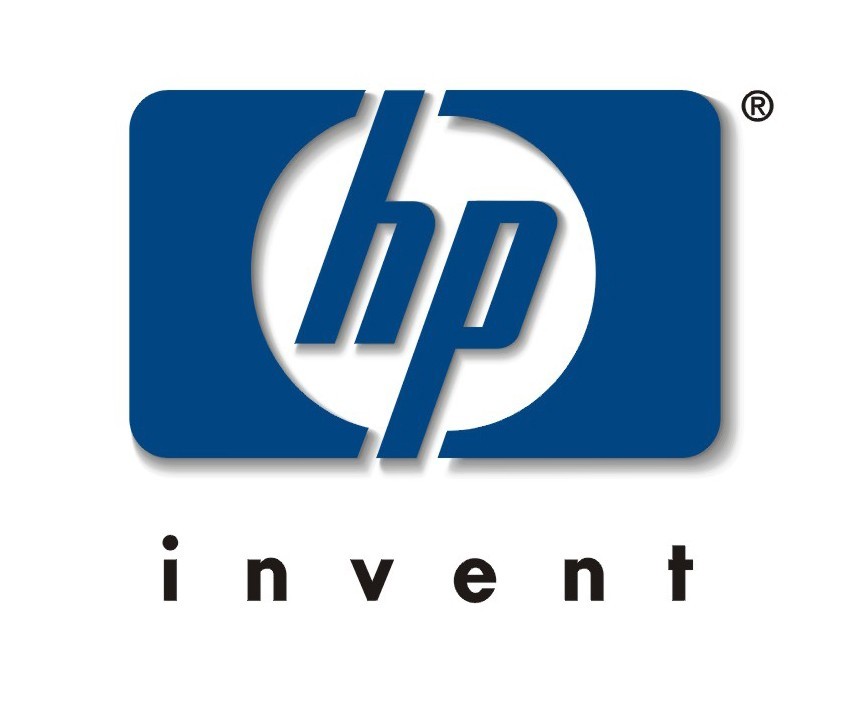HP Buys Palm: A New Smartphone Superpower?
Well so much for Palm surviving as an independent company; HP has swooped in a snapped up the smartphone company for a cool $1.2 billion.
HP today announced that it has acquired Palm at a price of $5.70 per share of Palm common stock in cash or an enterprise value of approximately $1.2 billion. The transaction has been approved by both HP's and Palm's boards of directors and is expected to close during HP's third fiscal quarter which ends July 31.
"Palm's innovative operating system provides an ideal platform to expand HP's mobility strategy and create a unique HP experience spanning multiple mobile connected devices," said Todd Bradley, executive vice president, Personal Systems Group, HP. "And, Palm possesses significant IP assets and has a highly skilled team. The smartphone market is large, profitable and rapidly growing, and companies that can provide an integrated device and experience command a higher share. Advances in mobility are offering significant opportunities, and HP intends to be a leader in this market."
So HP is stoked but what about Palm? It would seem the people at Palm are just as excited at the thought of a merger with HP, despite what CEO Jon Rubinstein said last week. In an interview with the Financial Times, Rubinstein said that while the board would definitely consider any serious offers to purchase the company, he was confident the company could prosper as an independent company. Rubinstein even said he had a plan to get Palm out of the red and into the black. "Palm can survive as an independent company," he said at the time. "We have a plan that gets us to profitability." In a statement today, Rubinstein said his company was "thrilled" about the deal with HP.
"We're thrilled by HP's vote of confidence in Palm's technological leadership, which delivered Palm webOS and iconic products such as the Palm Pre. HP's longstanding culture of innovation, scale and global operating resources make it the perfect partner to rapidly accelerate the growth of webOS," said Rubinstein. "We look forward to working with HP to continue to deliver industry-leading mobile experiences to our customers and business partners."
Get Tom's Hardware's best news and in-depth reviews, straight to your inbox.

Jane McEntegart is a writer, editor, and marketing communications professional with 17 years of experience in the technology industry. She has written about a wide range of technology topics, including smartphones, tablets, and game consoles. Her articles have been published in Tom's Guide, Tom's Hardware, MobileSyrup, and Edge Up.
-
zybch I dunno how I feel about this. HP has been making absolute rubbish lately (bloatware infested PCs and printers that require 400Mb drivers) but at least Palm isn't going to fold.Reply -
serkol Yeah... i liked a Palm handheld that I had many years ago... but I never liked anything with HP logo...Reply -
gbismack Seeing as all Palm has left is their WebOS, HP is buying this software for 1.2 billion dollars to enter a very competitive market??Reply -
gbismack otacon72What PC you get from a major player isn't going to have bloatware on it? I'd rather have the bloatware and pay a lower price. I just wipe the HD and start from fresh anyway. I build my desktops but they can stick 100GBs of bloatware on the laptops I buy if it means lower prices. I've used both... WebOS beats the iPhone's OS easily. Haven't used Android yet. Wouldn't be surpised to see HP start licensing WebOS at some point.WebOS tablet version? That would be something to see.Reply
I love WebOS too, but I can't add it to my SERO plan. That, I am not too fond of the small Palm thumbboard, even though my Treo Pro has it. WebOS on an HTC Touch Pro 2 style phone would be ideal.
I hope HP comes out with a good variety of phones sporting this OS. I think its pretty evident that there are people who prefer no keyboard, the slide out side keyboard, and people who prefer the Palm style thumbboard. Its a good OS; mix it with good engineering and you can have a winner.
-
Zybch, I think you are missing the other things that HP provides at an enterprise level. They have a class leading blade and chassis design that does storage, proliant and integrity, they bought out the best SAN maker with LeftHand, and now they are looking to make an enterprise (hopefully) smartphone. I was trying to decide between iPhone and RIM for phones, I am so excited to see what HP/Palm is going to come out with.Reply
-
tipoo My dream of beautiful HTC/Palm babies has been crushed, but on the bright side this means WebOS will live on. Plus, a tablet with WebOS would run circles around the iPad.Reply
